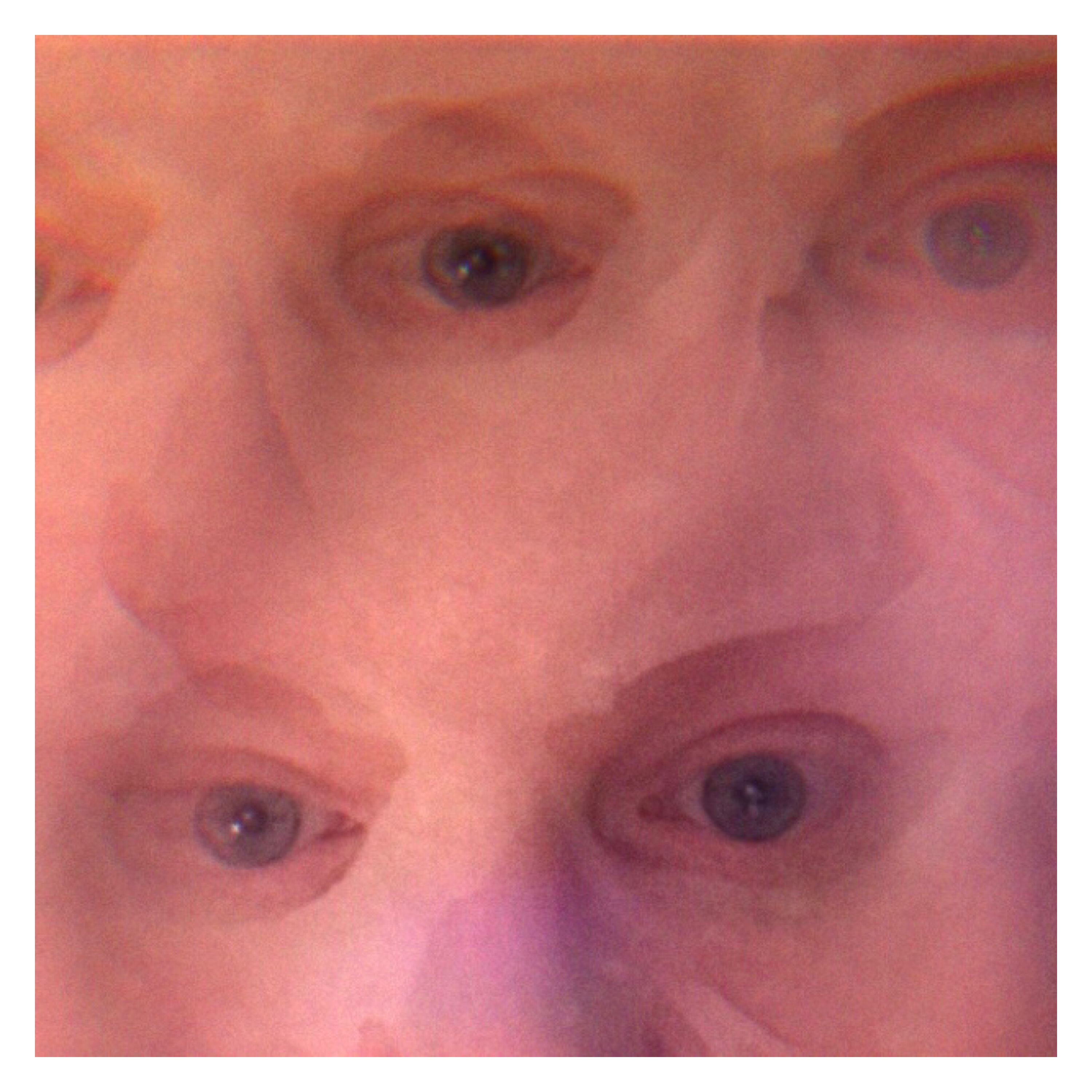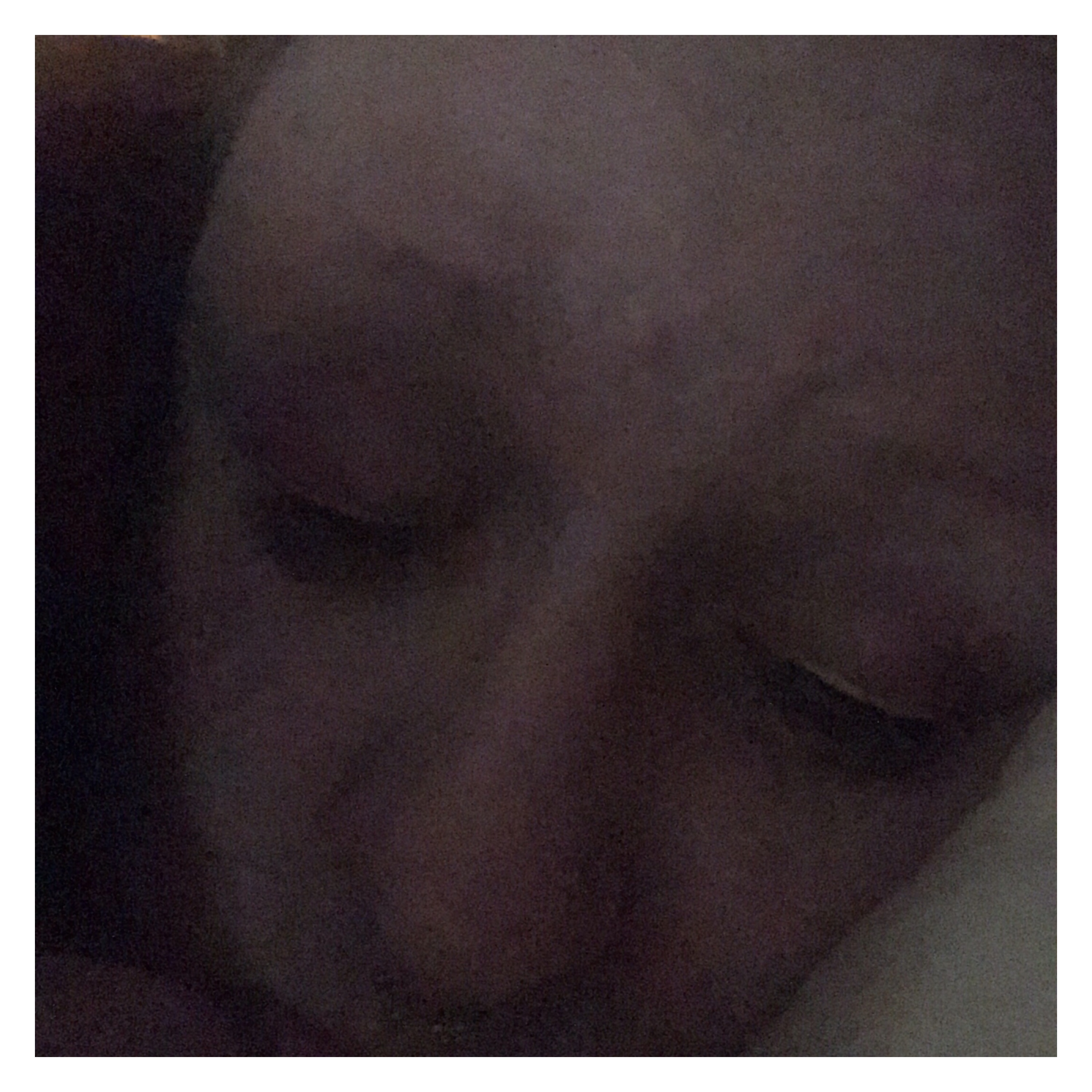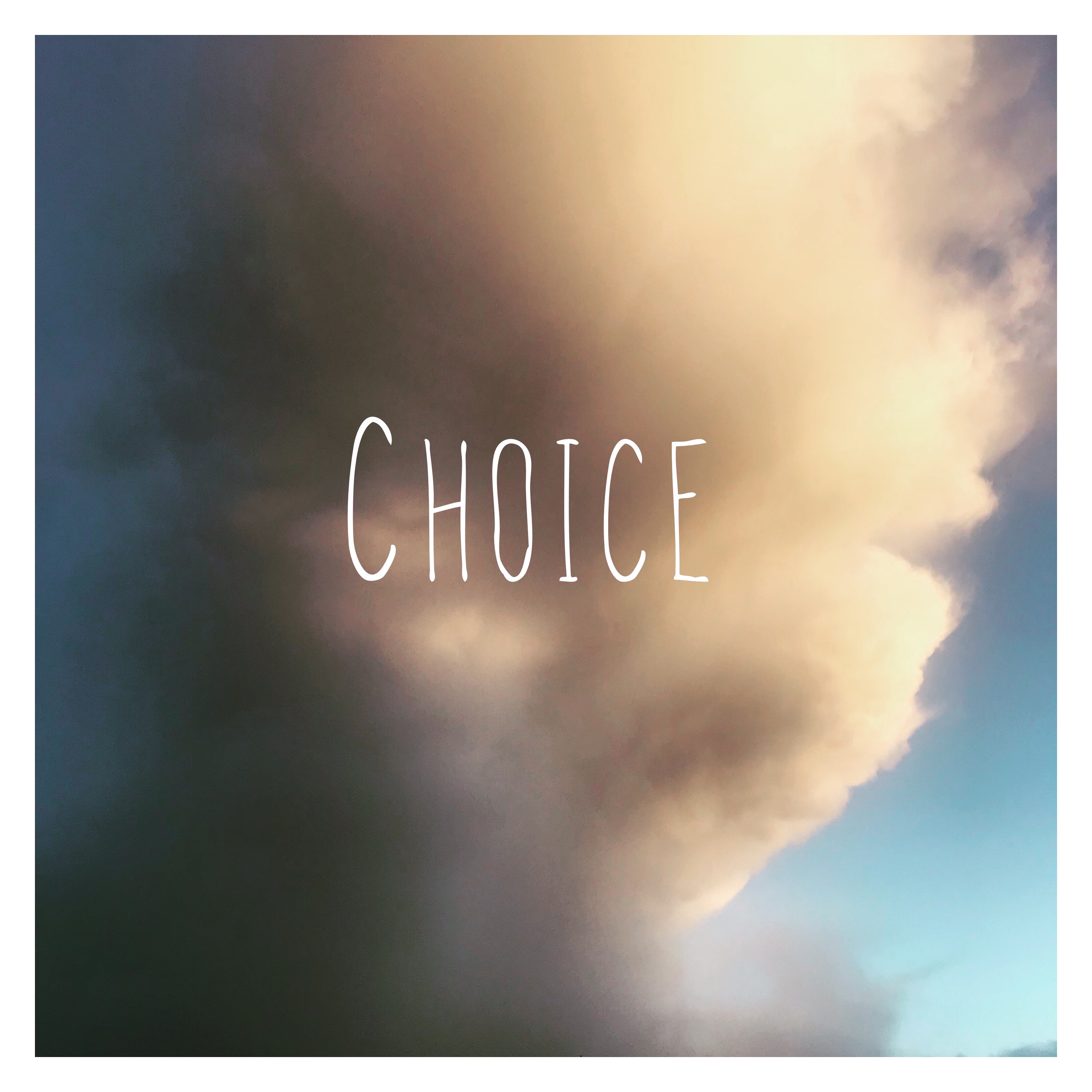Chronic illness is great at kicking you when you’re down. Lamentably, it also likes to give you a dunt when you’re flying too. It would be taxing to say which is worst, but falling from a height certainly hurts.
That was me last week. I was on a lovely break in the cutest cottage by sea. Soaking up the calming sea side views and thoroughly enjoying time with my nephew. The sun was out, we headed to an incredibly beautiful beach. I watched the boy run around having the time of his life. I paddled in the refreshingly cold sea. Took deep breaths, listened to the lapping waves & felt happy.

As it edged towards late afternoon people started to leave. I began to worry about the hill I’d have to climb to leave the beach. As we packed up I saw people stroll up. I knew it was going to be a problem.
And I was correct. That little sand dune fucked me up. I started trying to ascend it alone, but quickly realised that wasn’t going to happen. It’s hard to get your footing on slopping sand. Even harder to get purchase in moving ground with a walking stick. With every step the sand slid down the hill pushing me back. It was all working against me.

My sister saved the day. She let me lean on her, literally & half dragged me up that hill. Every step was excruciating. My knees felt like the where going to explode. My back, wrists, elbows & shoulders were all screaming. I couldn’t catch a breath, my lungs felt as though they were filling with the sand I was slipping on.
That little sand dune appeared to go on forever. The bench at top a promised land I’d never reach. Listen, the pain was bad, it wasn’t the culprit of tears at the summit. As my sister helped me struggle I saw my 3yr old nephew gamble up the slope. An old couple comfortably passed us. A nice man with a very concerned look stopped to ask if he could help. I focused on breathing whilst my little sister pepped talked me up that hill. I repeated ‘you’re nearly there’ in my head and tried my upmost to hold back the tears.
When I finally had my bum on that bench my nephew ran to give me a cuddle. The tears started streaming. I looked at the beautiful view as I silently cried. I didn’t want to make eye contact with my loved ones. I didn’t want my little rascal to see me in this state. I recognised the concern in my sister’s voice & the love in the silent shoulder my Mum offered to hold me upright. As much as I loved them for it, I hated that I have to be this way.

It was another one of those ‘how did I get here’ moments that chronic illness brings. I never imagined it’d take a support team to get me up a hill at 40 years old. I’m not a person who likes to be publicly vulnerable, yet here I am. Regularly fragile & exposed as I try to scratch out something close to a normal life. I felt guilty and embarrassed and pathetic and grateful and burdensome and scared and loved. All crashing over me with more force than the waves below could ever muster.
I concentrated on the nature around me as fought to compose myself. I attempted to ignore the curious looks from strangers & the pain coursing through my body. I listened to the the waves and birds. I let the blue horizon pull me through all the heavy implications placed on the people I love. I dried my eyes. I got back on my feet.
The day continued. Me, making my way slowly behind the others. Stopping to rest. Taking pain relief. Zoning out when we got back in the car. It was all so much bigger than that stupid hill. I was hoping I hadn’t distressed the others. Dreading the pain that I knew was still to come. Feeling sad at the thought that I probably wouldn’t ever return to that blissful beach.
It is painful to accept one’s limitations. I find it incredibly hard to let more & more go. I hate that I’m always the one who has a problem with the plans. I despise that my difficulties are so visible. Gasping for air at checkouts that take a fraction too long. Sitting on floors when there’s no seats available. Calling in advance to check if my malfunctioning body can be accommodated. I don’t like being on display, don’t want to answer questions about my stick, shake off the exasperated sighs or smile at pitying strangers. No matter how kindly meant, I’d rather be suffering in private. I’m exhausted by the knowledge that I’ll pay for every slice of fun. Even more so by the battle with myself to keep reaching for those good times anyway. Most of all I’ll forever regret how much this impacts all the wonderful people in my life. I wish I could stop being a hindrance. I never want them to have to worry. I appreciate every tiny thing they do for me, but I still wish they didn’t have to.
This is chronic life. It’s not just the pain & illness. It is all encompassing. Lots of the time the only way to deal with that is to push it to the very back of your mind. These moments of brutal clarity never stop taking me by surprise.
If you enjoy my writing you can support me on Ko -Fi







You must be logged in to post a comment.